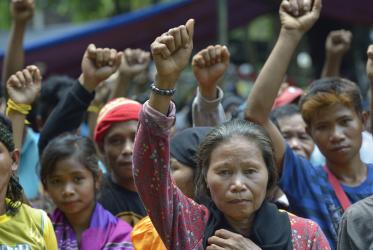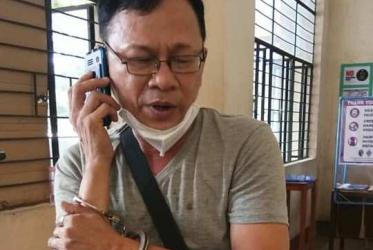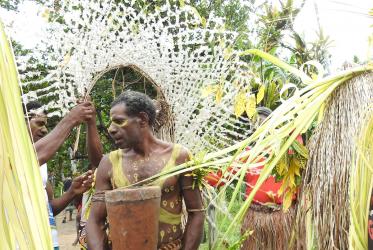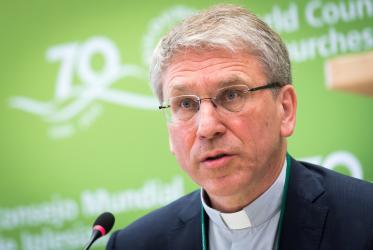Displaying 1 - 20 of 34
Pacific Theological College publishes “A COVID-19 Wellbeing Statement”
03 September 2021
The cry of the Papuans in Indonesia
14 November 2019
WCC organises event on “The Human Rights Situation in the Philippines”
18 September 2019
In Fiji, young people ‘walk the talk’ with advocacy
12 September 2019
WCC condemns massacre of farmers in Philippines
12 April 2019
WCC supports UN petition from French Polynesia
07 November 2018
#WCC70: A prayer about health and healing
20 July 2018
New videos help congregations hasten HIV response
20 October 2016















